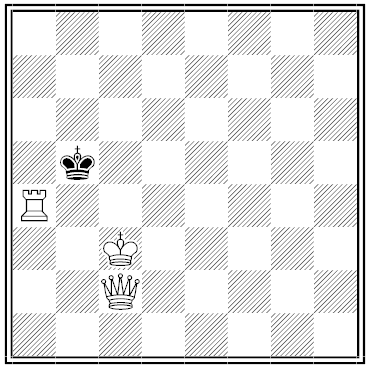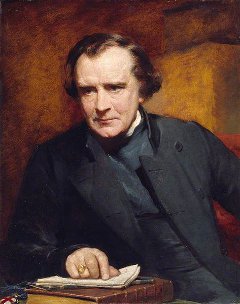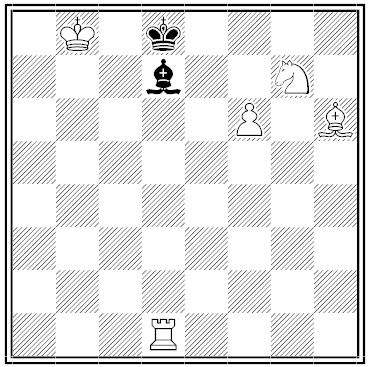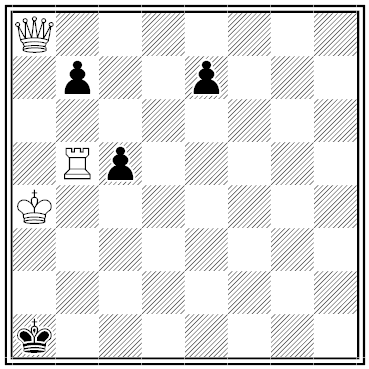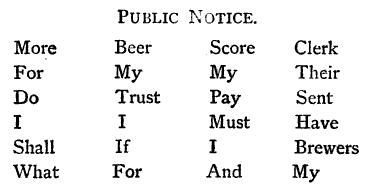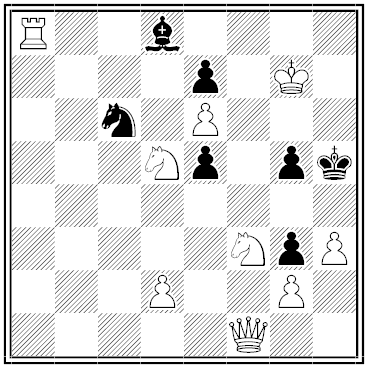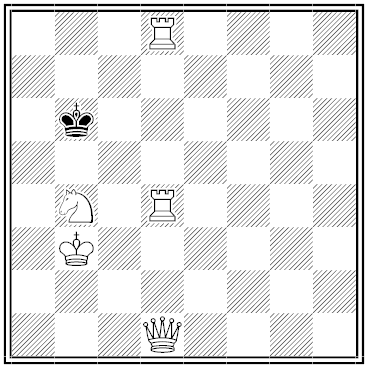A 1936 poser by British puzzle maven Hubert Phillips:
A man I met in Fleet Street yesterday told me the following anecdote:
‘I met yesterday (he said) a friend of mine whom I had not seen since I was at Oxford. That was some years ago and we had not, during all that time, had any communication with one another. Nor had we at Oxford any friends or acquaintances in common.
‘I was delighted to see my friend, nevertheless. “I suppose,” I said, “that lots of things have happened to you.”
‘”Why, yes,” was the answer. “I am married now and this is my little girl.”
‘I looked at the child — a pretty little thing of about six. “And what is your name, my dear,” I asked her. “Margaret,” was the reply. “Aha,” said I, “the same name as your mother’s.”‘
How did the speaker know?

